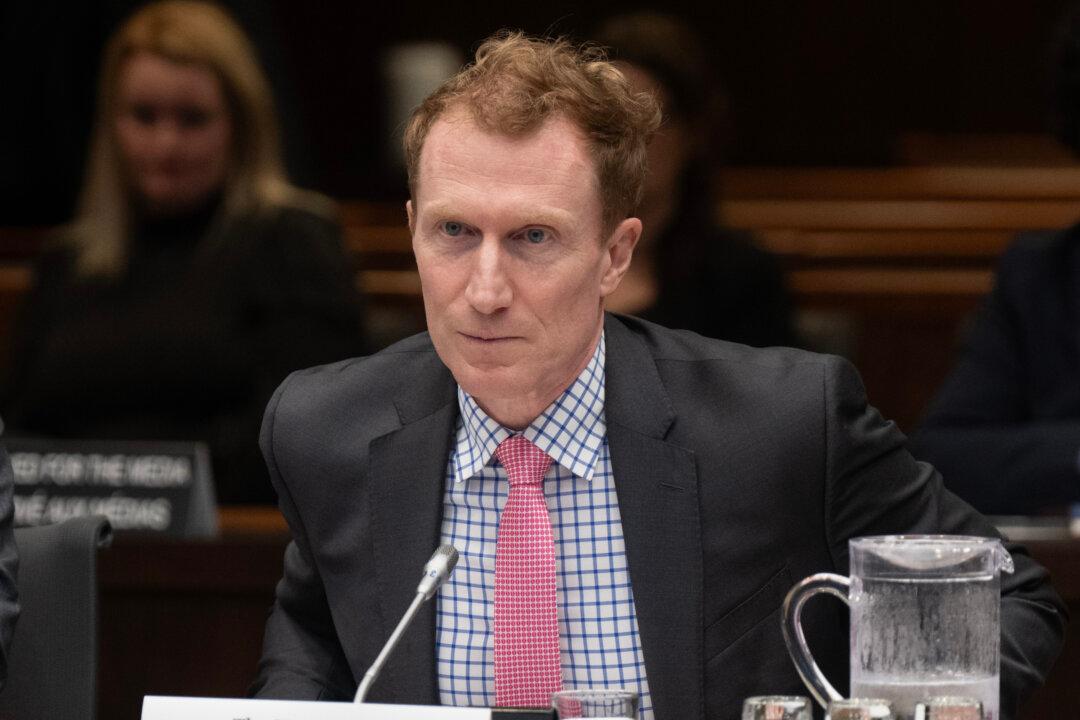Mexican travellers accounted for a third or more of refugee claims made at airports in Montreal and Calgary over the last five years, new data from Canada’s Immigration Department shows. The release of the figures followed cabinet’s announcement a few weeks earlier to renew visa requirements for Mexican visitors.
From 2019 to 2023, Mexicans represented 46 percent of refugee claims made at the Montréal-Pierre Elliott Trudeau International Airport and 31 percent of such claims at the Calgary International Airport, according to records tabled in the House of Commons on March 18.





